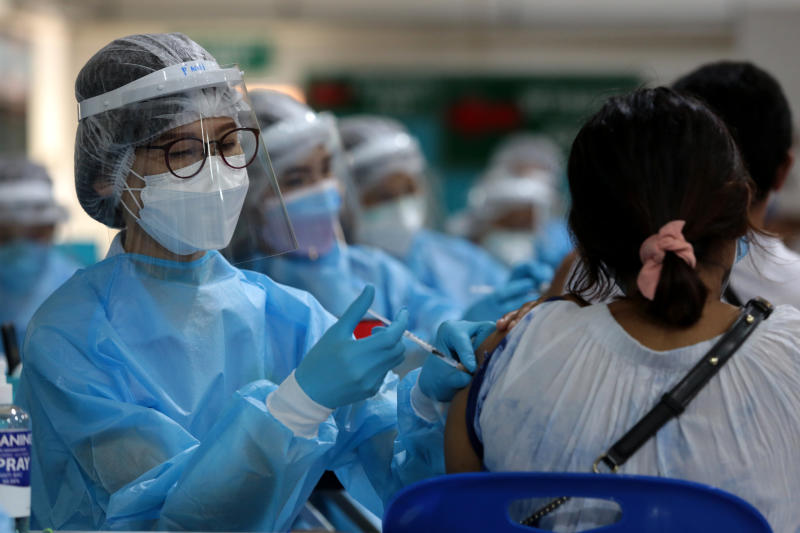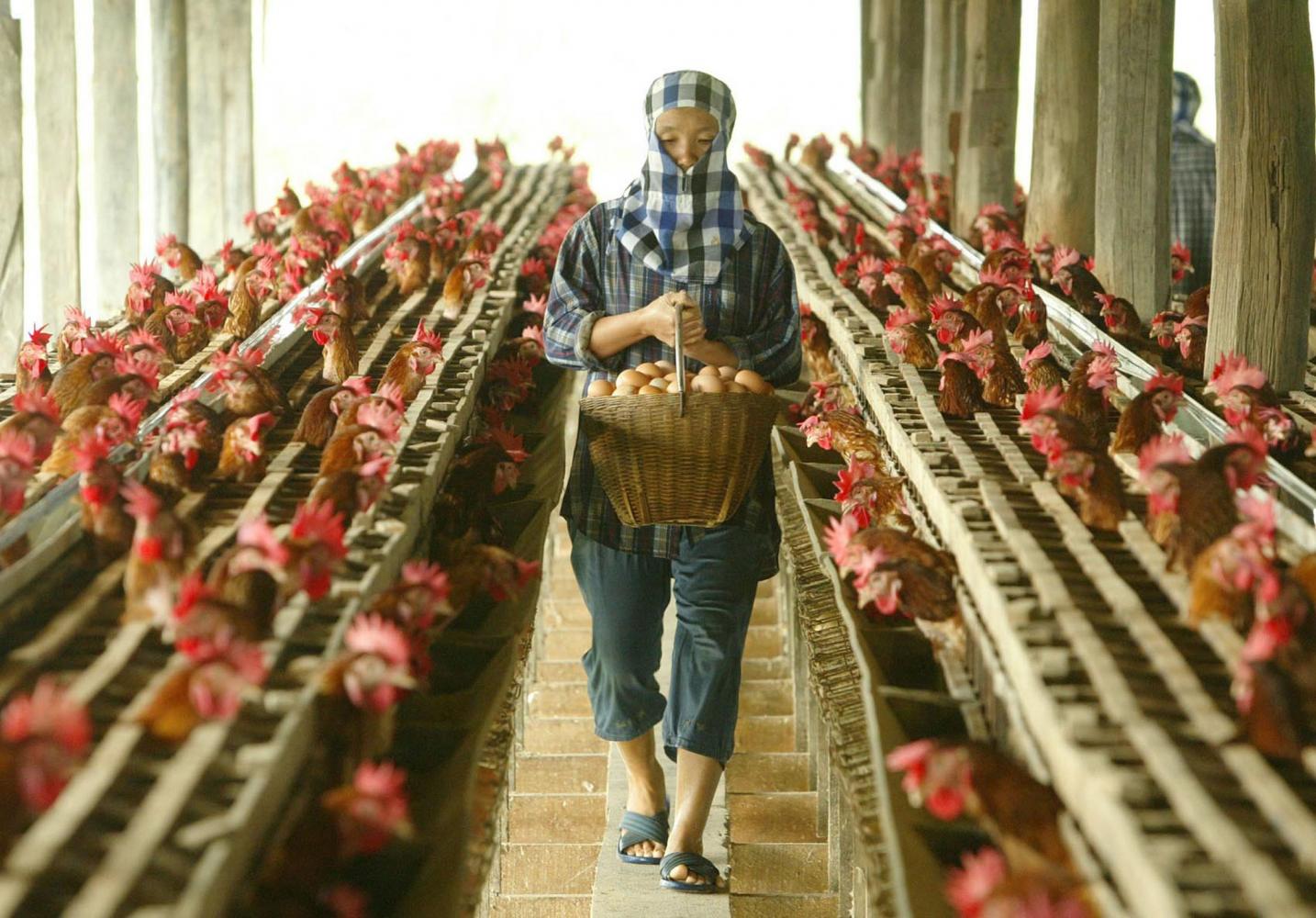Showing 1 - 10 of 12
What pandemic preparedness would look like
Oped, Published on 06/10/2023
» Humanity was caught off guard by the Covid-19 pandemic, even though we had effectively been warned by smaller-scale outbreaks -- of Sars, Ebola, Mers and avian flu -- for decades.
How to make agriculture sustainable
Oped, Published on 23/12/2021
» Thailand's agricultural sector is often considered the backbone of the economy. As the producer of most of the food for the population, the sector provides around 30% of employment for Thais.
Leading by serving, not ruling
News, Peerasit Kamnuansilpa, Published on 24/05/2021
» About two weeks ago, through a Facebook group, more than half a million Thais expressed a desire to leave Thailand to settle down in countries such as the United States, Canada, the United Kingdom, Germany, Sweden, Norway, Australia and New Zealand, among others.
Whose post-pandemic century?
Oped, Bill Emmott, Published on 05/01/2021
» In the early stages of the Covid-19 pandemic, it was common to divide countries and their responses according to their political systems, with many attributing China's success in controlling the virus to its authoritarianism. As of late 2020, however, it is clear that the real dividing line is not political but geographical. Regardless of whether a country is democratic or authoritarian, an island or continental, Confucian or Buddhist, communitarian or individualistic, if it is East Asian, Southeast Asian, or Australasian, it has managed Covid-19 better than any European or North American country.
Will our food bring new diseases?
Oped, Published on 18/03/2020
» Seeing the current lockdown across Thailand makes me want to pull my hair out. Not just because it's disruptive, but because the signs that an outbreak like Covid-19 would happen have been so clear. Seventeen years ago, when Sars first made headlines, I locked myself in a cage in Hong Kong to illustrate the way our taste for animal flesh contributes to animal-borne diseases.
Chinese food will determine spread of pandemics
News, David Fickling, Published on 24/01/2020
» With the world's largest high-speed rail network, a payments system that's largely conducted via phone apps, and half the world's solar-power plants, China often looks like a country at the technological frontier. When you consider how it feeds itself, though, it's still just catching up.
One way for China to stop the world's next pandemic
News, Adam Minter, Published on 28/02/2017
» The deadliest outbreak of H7N9 bird flu since its discovery in 2013 is sweeping across China. It's caused at least 100 deaths and has been detected in half the country's provinces. So far, the virus seems to be spreading only between birds and the humans who slaughter them for food. But the potential for human-to-human transmission -- the trigger for a full-blown pandemic -- can't be ruled out. In response, Chinese authorities have temporarily shut down live poultry markets in some of the country's biggest cities.
Aid response never better
News, Published on 13/05/2015
» All members and organisers of the recent aid missions to Nepal deserve praise and respect. Especially as there's more work to do in the wake of the second 7.3-magnitude quake that hit the Chautara district close to Everest yesterday. The toll from that shock cannot yet be dertermined. From the moment news of the first killer quake two weeks ago reached Thailand, there was no lack of sympathy for victims and survivors alike. Voluntary donations to aid funds quickly surpassed the government's contributions. And while there was plenty of support for home-based help, a few groups and individuals stepped up and "walked the walk" in search, rescue and aid missions into Nepal.
Education is an antidote to disaster
News, Published on 06/11/2014
» It took 10 days for Raul Basa, principal of Cabalawan Elementary School in Tacloban City, to get to his school after Typhoon Haiyan struck the Philippines on Nov 8, 2013. The huge amount of debris left by the record-breaking typhoon blocked all roads.
The cost of producing cheap meat
News, Published on 04/09/2014
» Factory-style livestock production is a critical driver of agricultural industrialisation. Its remorseless expansion is contributing to climate change, deforestation, biodiversity loss, and human-rights violations — all to satisfy Western societies' unhealthy appetite for cheap meat.









